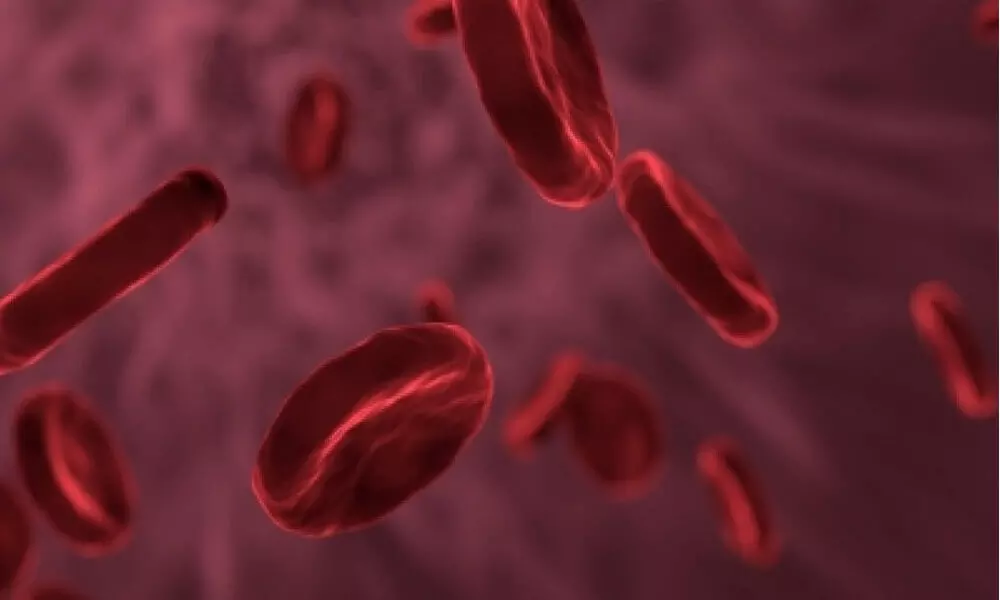Blood test can predict severity of Covid-19: Study
 Representation Image
Representation ImageClinicians can examine Covid-19 patients' blood to identify those at greatest risk of severe illness and to pinpoint those most likely to need a ventilator, according to a new study.
Clinicians can examine Covid-19 patients' blood to identify those at greatest risk of severe illness and to pinpoint those most likely to need a ventilator, according to a new study.
The discovery could lead to new treatments to prevent deadly "cytokine storms" seen in severe cases of Covid-19. It also may help explain why diabetes contributes to worse outcomes in patients with the coronavirus.
The researchers from the University of Virginias (UVA) found that the levels of a particular cytokine in the blood upon diagnosis could be used to predict later outcomes.
Cytokines - proteins produced by immune cells - are responsible for severe overreactions by the immune system, known as cytokine storms, associated with Covid-19 and other serious illnesses.
"The immune response that we discovered to predict severe shortness of breath in Covid-19 is known in other pulmonary diseases to cause damage," said study researcher Bill Petri from the UVA.
"So this could lead to a novel way to prevent respiratory failure in individuals infected with the new coronavirus, by inhibiting this immune cytokine. We plan to test this in a model of Covid-19 prior to considering a clinical trial," Petri added.
For the findings, the research team identified 57 Covid-19 patients treated at UVA who ultimately required a ventilator.
They then tested blood samples taken from the patients within 48 hours of diagnosis or hospital admission.
The research team compared the results with those from patients who did not wind up needing a ventilator.
Cytokine storms, in which the immune system spirals out of control, are typically associated with an established group of cytokines.
But the best predictor of Covid-19 outcomes was an "underappreciated" cytokine more associated with allergies, the researchers reported.
High levels of that cytokine, IL-13, were associated with worsened Covid-19 outcomes regardless of patients' gender, age or other health problems.
The researchers also identified two more cytokines associated with severe outcomes, though the duo had less ability to predict the need for a ventilator.
In addition, the researchers found that levels of two other cytokines were significantly higher in patients with elevated blood sugar.
This "pro-inflammatory response," they said, may help explain why diabetes is associated with worse Covid-19 outcomes. In short, the body is primed to respond too strongly to the infection.
The researchers said the discovery could become part of a scoring system to let doctors flag at-risk COVID-19 patients for closer monitoring and personalized interventions.
The finding also identifies cytokines doctors could target as a new treatment approach.








